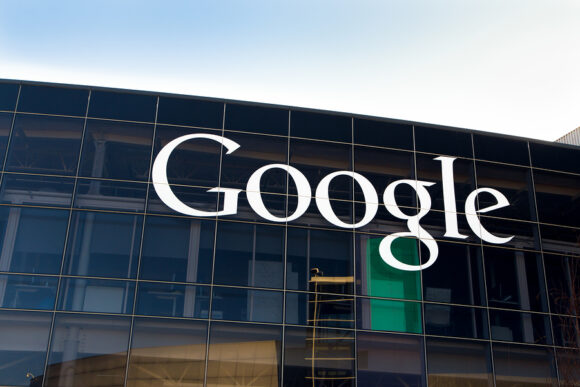Google’s chief executive officer has left no doubt about how important he thinks artificial intelligence will be to humanity.
“AI is one of the most profound things we’re working on as humanity. It’s more profound than fire or electricity,” Alphabet Inc. CEO Sundar Pichai said in an interview at the World Economic Forum in Davos, Switzerland on Wednesday.
Alphabet, which owns Google, has had to grapple with its role in the development of AI, including managing employee revolts against its work on the technology for the U.S. government. In 2018, a group of influential software engineers successfully delayed the development of a security feature that would’ve helped the company win military contracts.
Google has issued a set of AI principles that prohibit weapons work, but doesn’t rule out selling to the military. It has also pledged not to renew its Project Maven contract, which involves using artificial intelligence to analyze drone footage.
Pichai, who’s led Google since 2015, took control of Alphabet after founders Larry Page and Sergey Brin stepped down from day-to-day involvement last month.
“AI is no different from the climate,” Pichai said. “You can’t get safety by having one country or a set of countries working on it. You need a global framework.”
Current frameworks to regulate the technology in the U.S. and Europe are a “great start,” and countries will have to work together on international agreements, similar to the Paris climate accord, to ensure it’s developed responsibly, Pichai said.
Technology such as facial recognition can be used for good, such as finding missing people, or have “negative consequences,” such as mass surveillance, he said.
Keith Enright, Google’s chief privacy officer, also spoke about the potential of artificial intelligence and machine learning to continue developing new technologies and services using a minimum amount of customer data.
“We’re right now really focused on doing more with less data,” Enright said at a data-protection conference in Brussels on Wednesday. “This is counter-intuitive to a lot of people, because the popular narrative is that companies like ours are trying to amass as much data as possible.”
Holding on to data that isn’t delivering value for users is “a risk,” he said.
Powerful new European Union rules took effect across in May, giving privacy watchdogs the power to fine companies as much as 4% of annual global sales for serious violations. Google has come under scrutiny many times in Europe, with one probe in France resulting in a 50 million euro ($55 million) fine under the new law.
Pichai had also stopped by Brussels on his way to Davos, giving a rare public speech, where he called on regulators to coordinate their approaches to artificial intelligence. The European Union is set to unveil new rules AI developers in “high risk sectors,” such as health care and transportation, according to an early draft obtained by Bloomberg.
–With assistance from Natalia Drozdiak.
Topics InsurTech Data Driven Artificial Intelligence Europe Google
Was this article valuable?
Here are more articles you may enjoy.



 Preparing for an AI Native Future
Preparing for an AI Native Future  Experian Launches Insurance Marketplace App on ChatGPT
Experian Launches Insurance Marketplace App on ChatGPT  Insurance Issue Leaves Some Players Off World Baseball Classic Rosters
Insurance Issue Leaves Some Players Off World Baseball Classic Rosters  Trump’s EPA Rollbacks Will Reverberate for ‘Decades’
Trump’s EPA Rollbacks Will Reverberate for ‘Decades’ 

